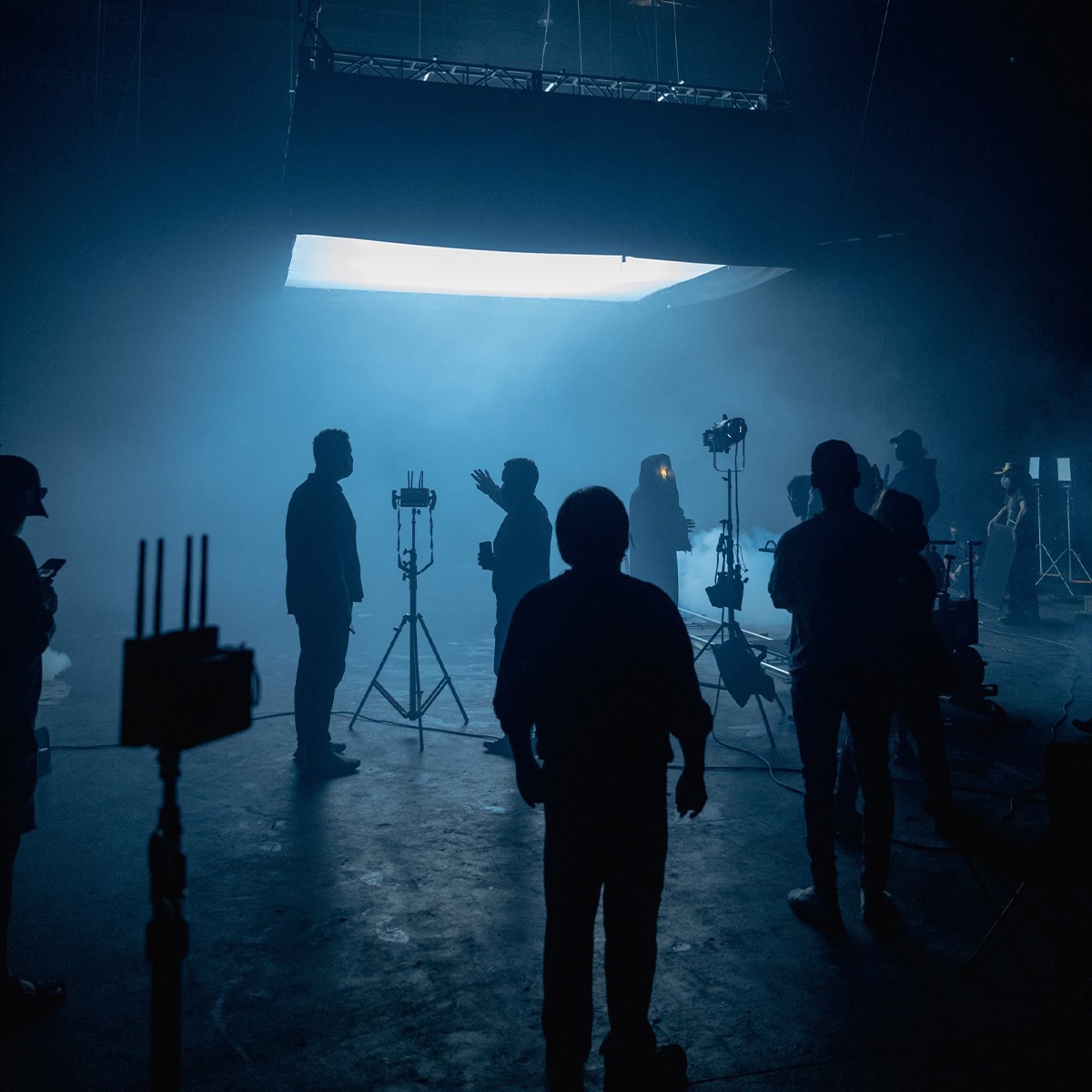Art Department
Film Crew Position: Art Department Coordinator

What does a Art Department Coordinator do?
An Art Department Coordinator operates within the art department of a film production, serving as a key organizational figure. Their responsibilities include overseeing the logistical aspects of the art department, ensuring that the creative visions of the production designer and art director are achieved efficiently and on schedule. They handle the administrative duties, coordinate between various team members, and manage the budget and paperwork related to the art department's operations.
What role does a Art Department Coordinator play?
The role of an Art Department Coordinator encompasses various tasks that are critical to the smooth operation of the art department. They are in charge of scheduling, budget tracking, and procurement of materials and services. This individual also coordinates communication among different departments, facilitating the flow of information to ensure that set designs and decorations are completed to specifications. They may also be tasked with hiring and supervising support staff, managing inventories, and ensuring compliance with safety regulations on set.
Do you need to go to college to be a Art Department Coordinator?
While a college degree is not strictly necessary to become an Art Department Coordinator, having a degree in film studies, fine arts, or a related field can be highly advantageous. Relevant experience is often the most important prerequisite for this position. Many art department coordinators have worked their way up from entry-level positions within the art department, gaining hands-on experience and industry knowledge that prepares them for the coordination role.
What skills do you need to be a Art Department Coordinator?
Essential skills for an Art Department Coordinator include excellent organizational and communication abilities, a thorough understanding of the filmmaking process, and proficiency in budget management. They must be adept at multitasking and problem-solving, as they will often have to handle various tasks simultaneously under tight deadlines. Familiarity with design software and production tools, alongside an eye for detail, is also beneficial. Additionally, interpersonal skills are crucial, as the job involves constant collaboration with different departments and vendors.
New to filmmaking?
Get Free Template
Use our budget template to get a kick start on your film project. Get access to dozens of templates no matter what type of project!
